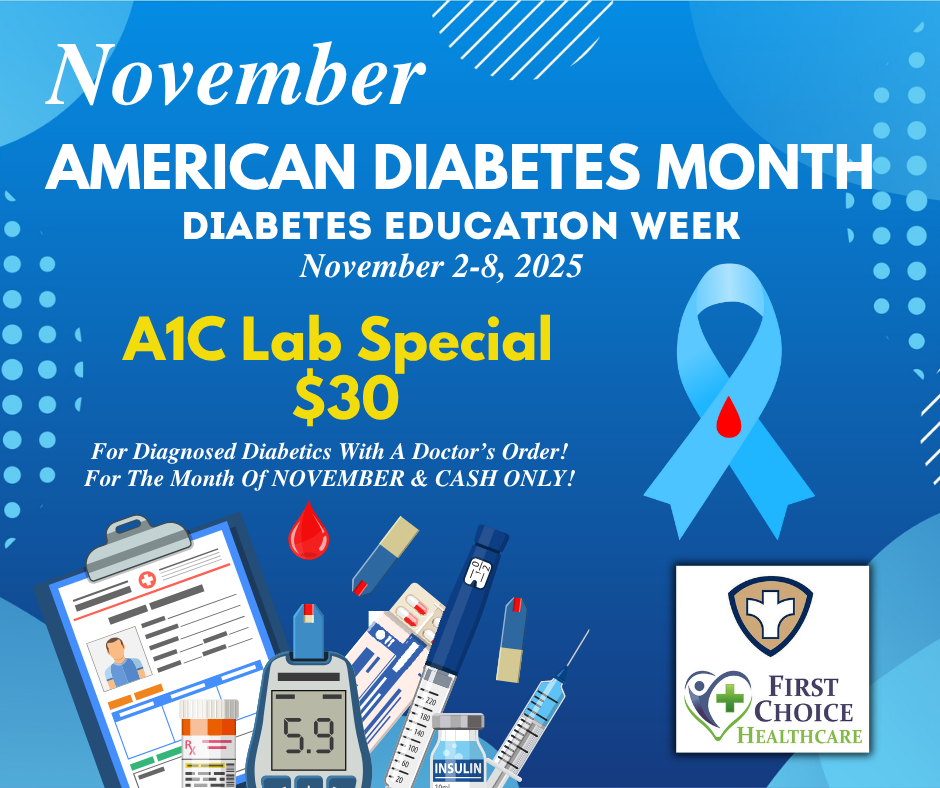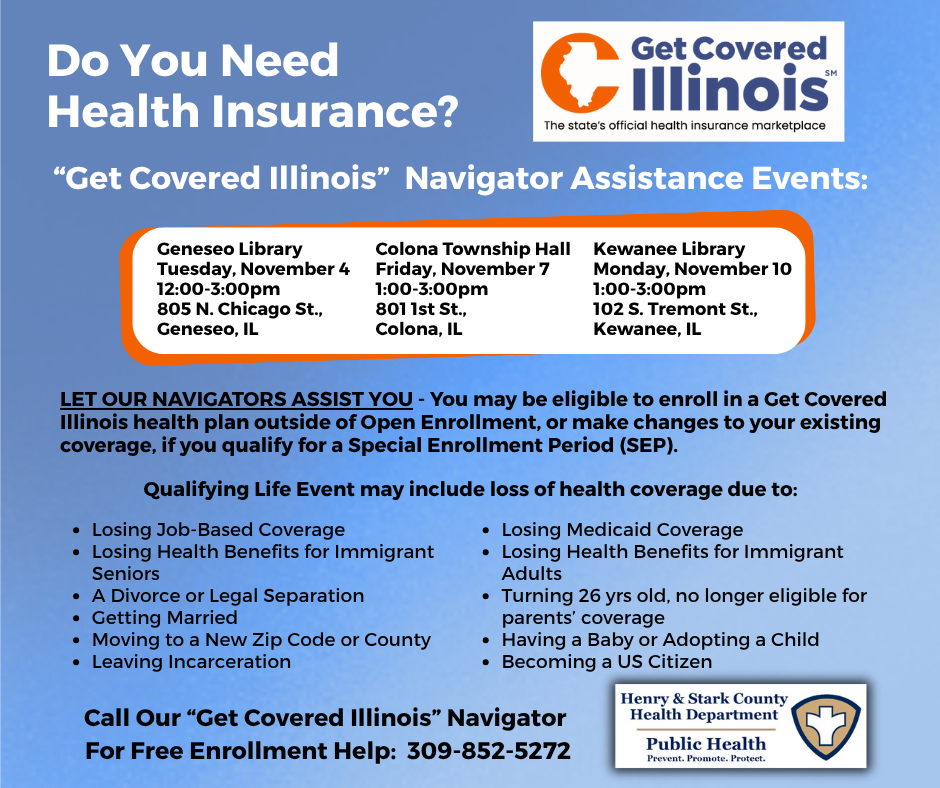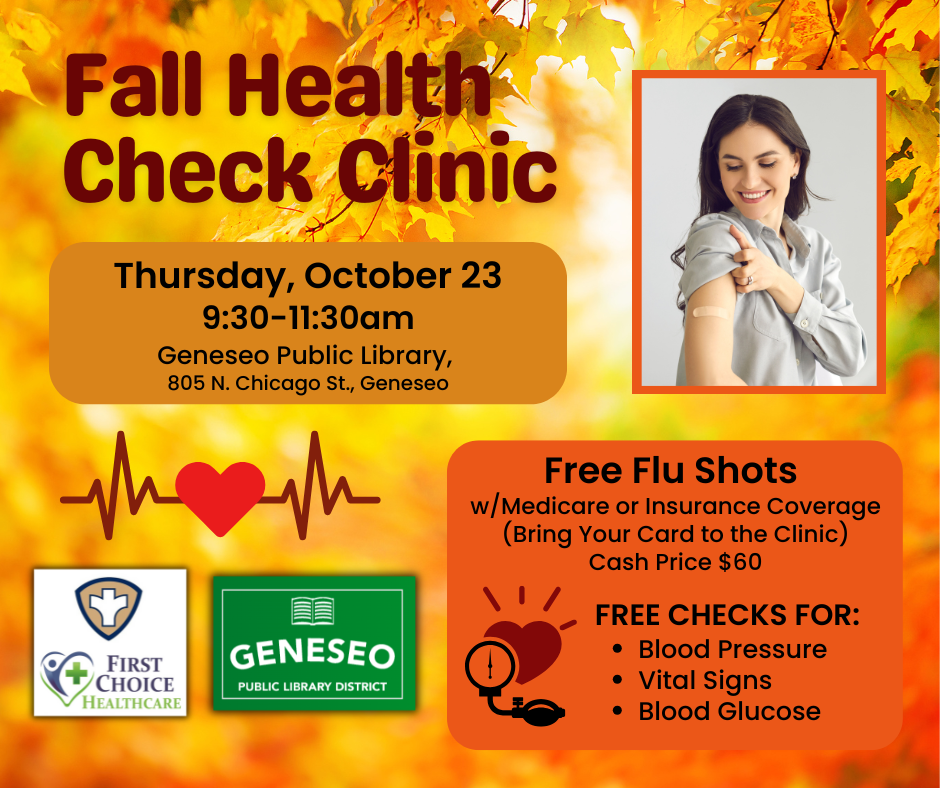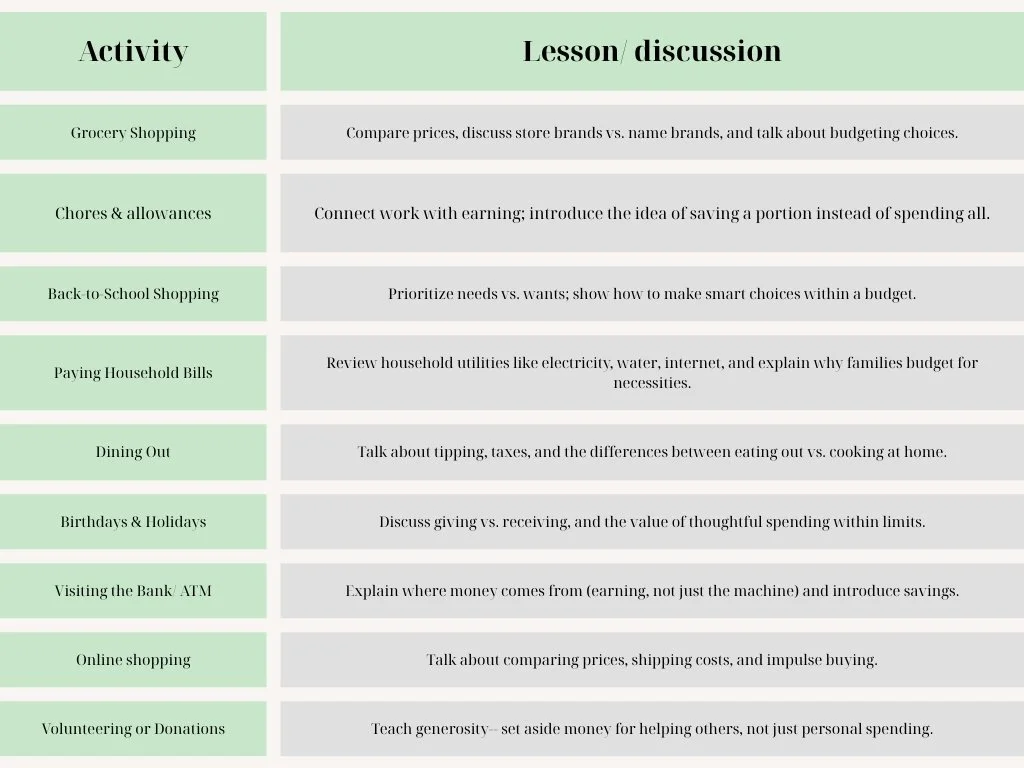In January 2021, Liberty Village of Geneseo launched Memory Lane – Fitness for the Mind, a new wing specifically designed for Assisted Living residents with dementia or dementia-related illnesses. This 30-room addition complements the retirement community's existing independent and assisted living apartments. Every element, from the flooring to the ceiling designs resembling the sky, is tailored to enhance the environment for those with cognitive challenges.
Memory Lane – Fitness for the Mind has a mission to Exercise the Brain, Enhance Memory, and Maintain Independence for residents experiencing mild to moderate dementia. The program focuses on individual strengths, creating personalized therapeutic activities that nurture existing memory function. While dementia cannot be reversed, the goal is to ensure that each resident's life is of good quality. Programs are crafted based on thorough assessments of each resident's unique capabilities, promoting independence through the Memory in Motion programming and encouraging individuals to engage as much as possible with the necessary support from Memory Care Specialists.
Research indicates that establishing a routine is crucial for individuals with dementia. Memory Lane offers various activities to improve daily living skills, sustain cognitive health, and facilitate social interactions through small and large groups, all rooted in a person-centered care approach. Fitness for the Mind aims to empower residents to thrive through their journey with dementia rather than merely surviving it.
Identifying potential signs of dementia can be challenging. Common indicators include forgetfulness, misplacing items, and repetitive storytelling. However, subtle signs may emerge during family gatherings where individuals remain quiet, suggesting they struggle to keep up or fear revealing their memory issues. Caregivers often experience difficulty recognizing these symptoms, as loved ones may mask their challenges effectively. Telephone conversations might reveal vague responses to specific questions, providing false reassurance about their cognitive status.
Liberty Village offers a comprehensive assessment process conducted by trained professionals, which lasts at least 45 minutes. This evaluation involves engaging with both the resident and family members to gauge the individual's current stage of dementia. The service is free and comes with no obligation, helping families determine the appropriate level of care for their loved one.
Deciding when to transition a loved one to a care facility can be daunting, especially for caregivers who may feel guilt or grief. Liberty Village aims to alleviate these burdens, emphasizing that seeking assistance shows love and dedication. Residents often thrive once they adjust to the supportive environment of Memory Lane, allowing them to connect with others who understand their experiences. Family members can then focus on their relationships rather than caregiving tasks, visiting their loved ones without the stress of daily care responsibilities.
Additionally, Liberty Village hosts a Dementia Support Group every third Tuesday of the month, providing caregivers with a space to share experiences and seek support. The community encourages anyone needing assistance or companionship to reach out, ensuring they are not alone in this journey. Interested individuals are also invited to tour Memory Lane – Fitness for the Mind, where they can witness firsthand the commitment to enhancing the lives of those with dementia. Call for more information: 309-944-0460.












